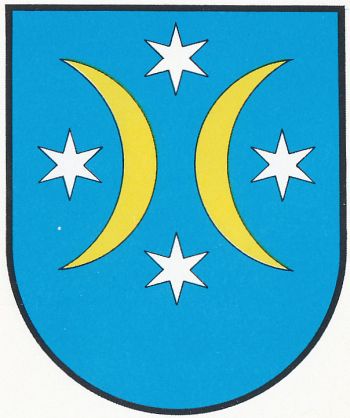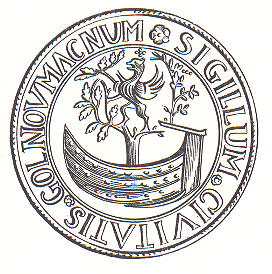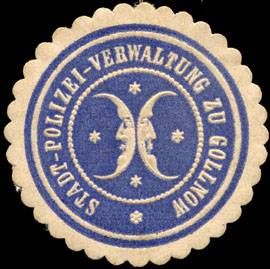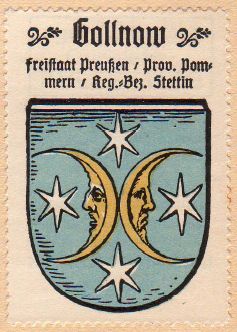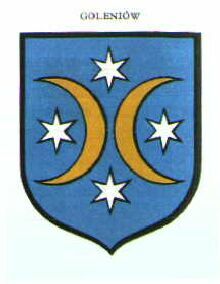Goleniów: Difference between revisions
Jump to navigation
Jump to search
Knorrepoes (talk | contribs) m (Text replacement - "{|width="100%" style="color:black; background-color:#ffffcc;" |width="15%"|50 px|left |width="70%" align="center" |'''Heraldry of the World<br/>Civic heraldry of Poland - Herbarz Miast Polskich''' |width="15%"|50 px|right |}" to "{{poland}}") |
Knorrepoes (talk | contribs) m (Text replacement - ".jpg|center]] <br/>Seal from around 1900" to ".jpg|center|Seal of {{PAGENAME}}]] <br/>Seal from around 1900") |
||
| Line 15: | Line 15: | ||
{|align="center" | {|align="center" | ||
|align="center"|[[File:goleniz1.jpg|center]] <br/>The third seal of Goleniow from 15<sup>th</sup> century. | |align="center"|[[File:goleniz1.jpg|center]] <br/>The third seal of Goleniow from 15<sup>th</sup> century. | ||
|align="center"|[[File:gollnowz1.jpg|center]] <br/>Seal from around 1900 | |align="center"|[[File:gollnowz1.jpg|center|Seal of {{PAGENAME}}]] <br/>Seal from around 1900 | ||
|- | |- | ||
|align="center"|[[File:gollnow.hagd.jpg|center]] <br/>The arms by [[Otto Hupp|Hupp]] in the [[Kaffee Hag albums]] +/- 1925 | |align="center"|[[File:gollnow.hagd.jpg|center]] <br/>The arms by [[Otto Hupp|Hupp]] in the [[Kaffee Hag albums]] +/- 1925 | ||
Revision as of 07:23, 1 March 2016
GOLENIÓW
Province: Pomorze Zachodnie
County : Goleniów
Official blazon
Origin/meaning
The origin or meaning of these arms is not known. They appear in the 19th century, but the symbolism indicates older origins. Goleniow received city rights in the early 13th century and used for many centuries seals with a ship, from which arises a tree and a griffin. The latter was the symbol of Pommerania.
| The third seal of Goleniow from 15th century. |
Seal from around 1900 |
| The arms by Hupp in the Kaffee Hag albums +/- 1925 |
The arms as shown in the 1970s |
Contact and Support
Partners:
Your logo here ?
Contact us
© since 1995, Heraldry of the World, Ralf Hartemink 
Index of the site
Literature : Plewako and Wanag, 1994; Hupp, 1894; Ewe, 1972
